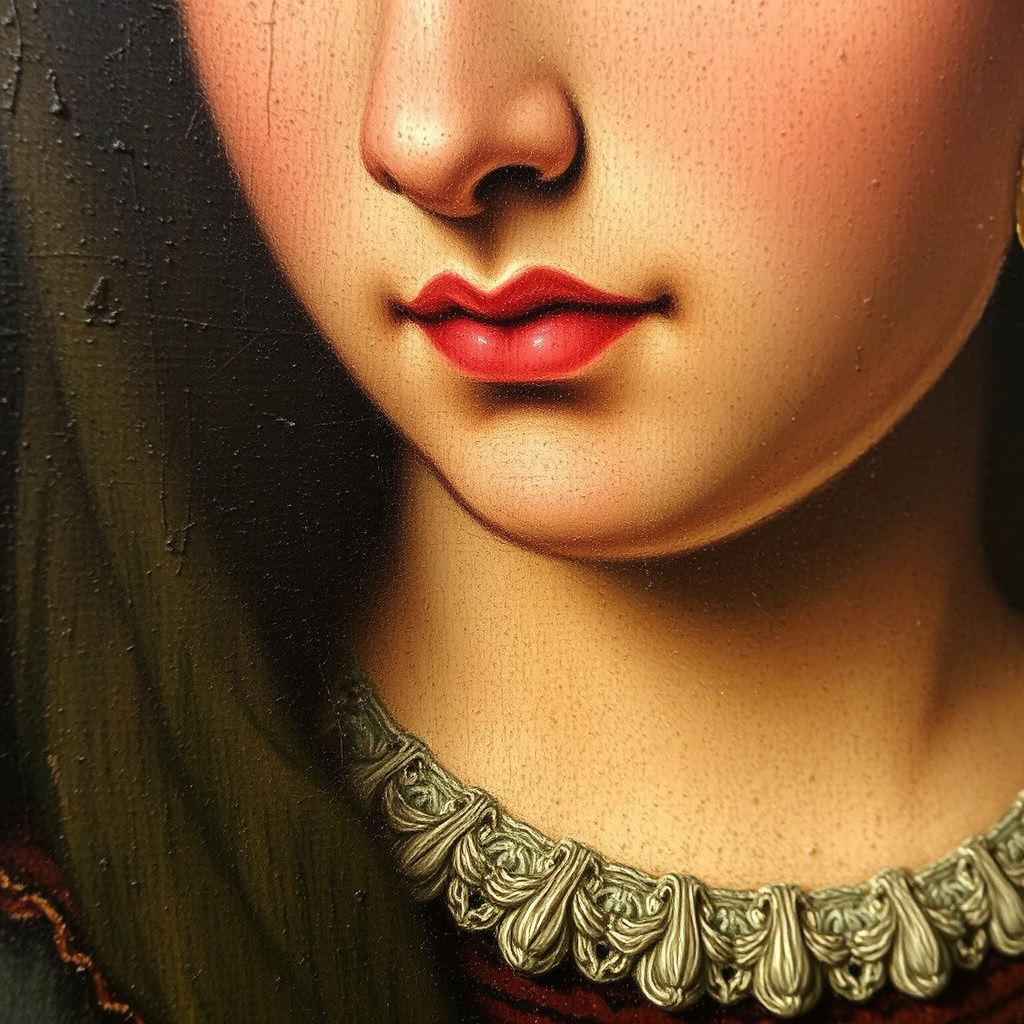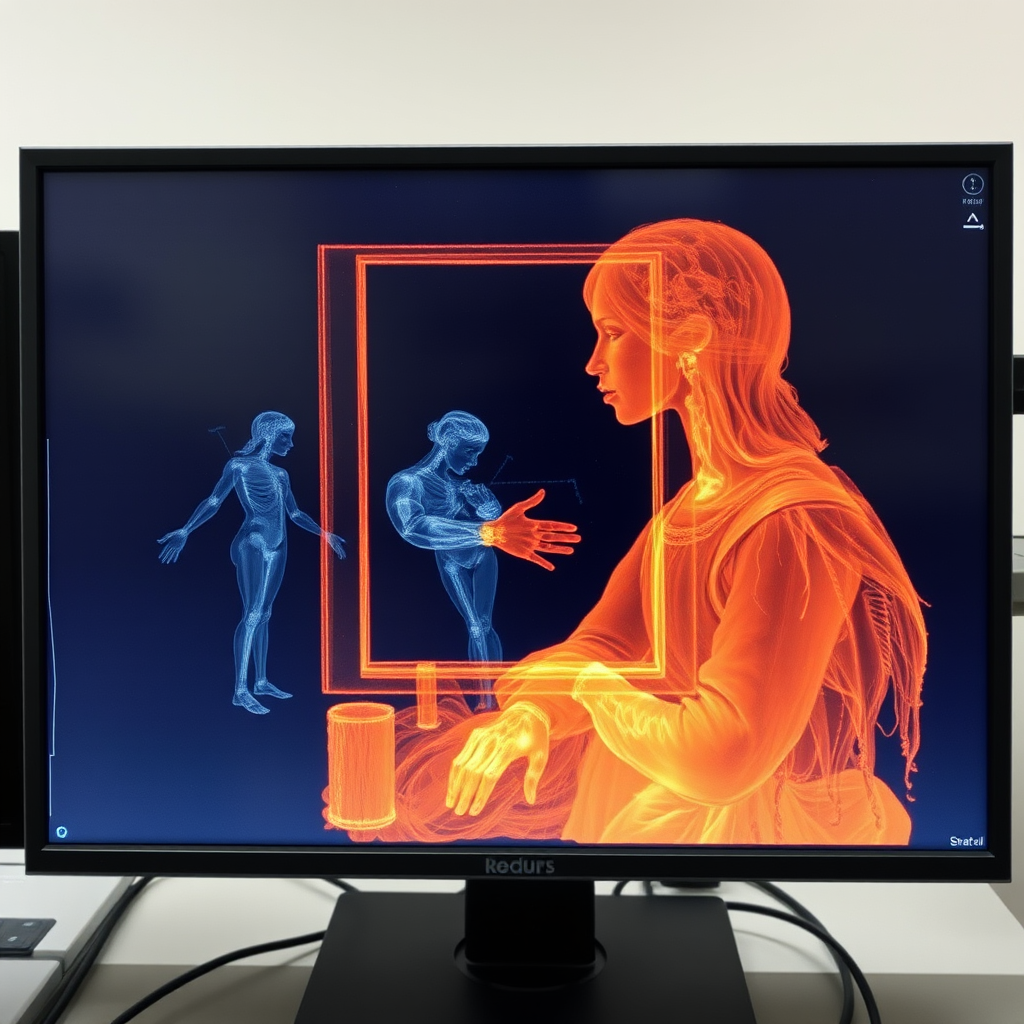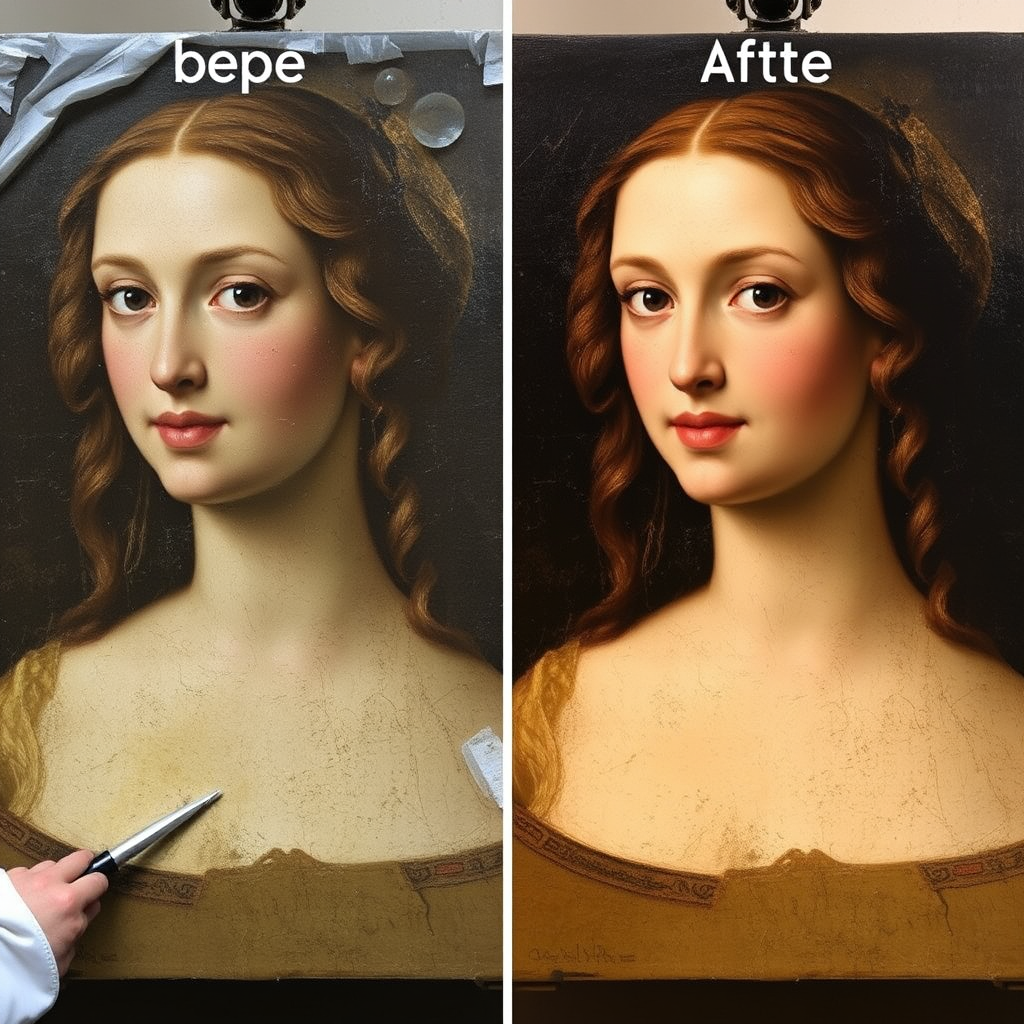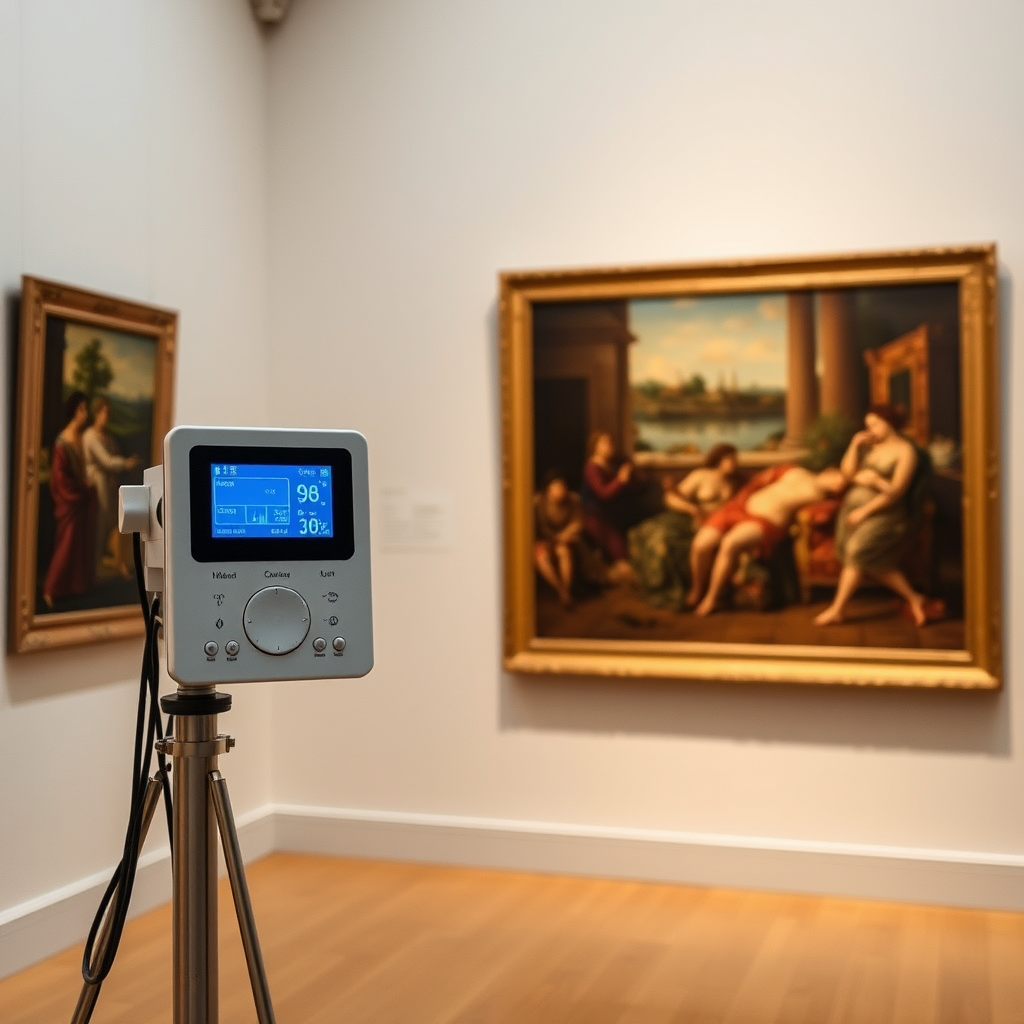Renaissance Masters: Behind the Scenes of Our Latest Conservation Project

Our expert conservators at work in the Metropolitan Museum's state-of-the-art conservation laboratory
Step into the hidden world of art conservation at the Metropolitan Museum, where centuries-old masterpieces receive meticulous care from our team of expert conservators. Our latest project focuses on three extraordinary Renaissance paintings that have captivated visitors for decades, each requiring specialized attention to preserve their beauty for future generations.
The Renaissance Treasures Under Our Care

The first painting in our conservation project is a stunning 16th-century portrait attributed to a master from the Venetian school. This oil on canvas work showcases the sophisticated techniques that made Italian Renaissance art legendary throughout the world.
Over the past 500 years, environmental factors and previous restoration attempts have left their mark on this masterpiece, creating unique challenges for our conservation team at the Metropolitan Museum.
The Three Featured Works:
- Venetian Portrait - Oil on canvas, circa 1580
- Florentine Religious Scene - Tempera and oil on wood panel, circa 1520
- Roman Mythological Composition - Oil on canvas, circa 1560
Advanced Conservation Techniques
Our conservators at the Metropolitan Museum employ cutting-edge technology alongside traditional restoration methods to ensure these Renaissance masterpieces receive the most appropriate treatment possible.
Modern Imaging Technology
Using advanced infrared reflectography and X-ray imaging, our team can see beneath the surface layers of paint to understand the artist's original composition and identify areas requiring attention. This non-invasive technology reveals hidden sketches, previous alterations, and structural issues invisible to the naked eye.
Multispectral imaging has uncovered fascinating details in these Renaissance works, including preliminary drawings that show how the Italian masters planned their compositions centuries ago.

The Meticulous Restoration Process

The careful restoration process reveals the original brilliance of these 500-year-old masterpieces
Surface Cleaning and Stabilization
The first phase involves careful removal of accumulated dirt, old varnish layers, and previous restoration materials that have discolored over time. Our conservators use specialized solvents and techniques developed specifically for Renaissance-era oil paintings.
Structural Repairs
Canvas tears, paint losses, and panel separations require delicate structural work. Each repair is documented and reversible, following international conservation standards practiced by leading museums worldwide.
Remarkable Hidden Details Revealed
Fascinating Discoveries:
- Original artist signatures previously hidden under later paint layers
- Detailed underdrawings showing the master's planning process
- Evidence of workshop collaboration typical of Renaissance studios
- Original color schemes more vibrant than previously known
- Pentimenti revealing the artist's creative changes
- Historical inscriptions providing dating evidence
Perhaps most exciting is the discovery of a previously unknown preparatory sketch beneath one of the paintings, providing new insights into how Renaissance masters approached their work. This finding will contribute to art historical scholarship and enhance our understanding of Italian Renaissance painting techniques.
Preserving Art for Future Generations

Beyond the immediate conservation work, the Metropolitan Museum invests heavily in preventive care measures. Our galleries maintain precise climate control, specialized lighting systems, and continuous monitoring to ensure these Renaissance treasures remain stable for centuries to come.
Each conserved painting will return to public display with enhanced protection and detailed documentation of the treatment process, allowing future conservators to understand exactly what work has been performed.
The Ongoing Mission
This conservation project represents just one example of the Metropolitan Museum's commitment to preserving our shared cultural heritage. Our team of conservators, scientists, and art historians work together daily to ensure that these irreplaceable works of art continue to inspire and educate visitors from around the world.
The Renaissance masters who created these paintings 500 years ago could never have imagined the advanced techniques we use today to preserve their legacy. Yet their artistic vision remains as powerful and relevant as ever, connecting us across centuries through the universal language of art.
Visit the Metropolitan Museum to see these newly conserved Renaissance masterpieces on display in our European Paintings galleries.